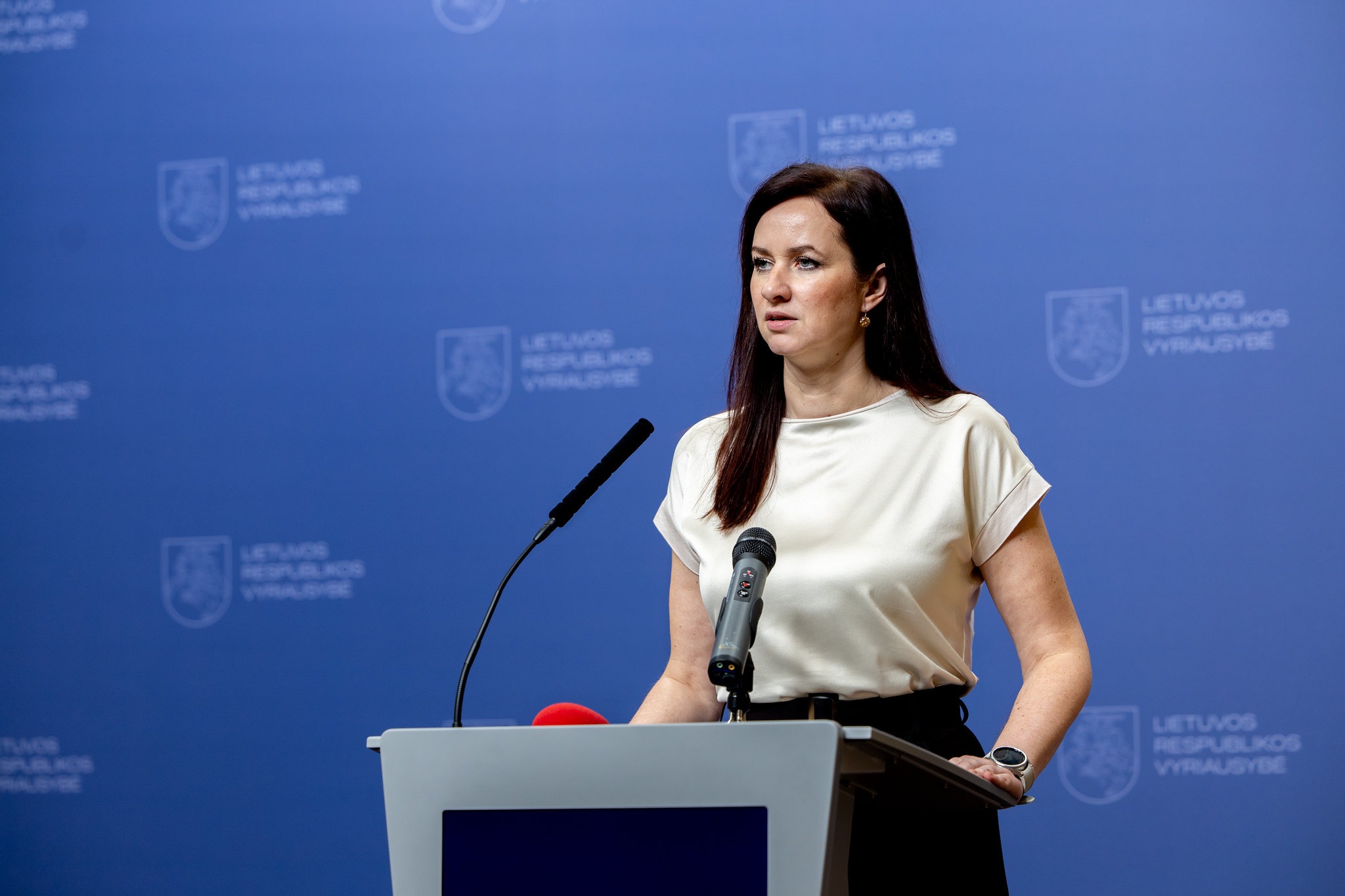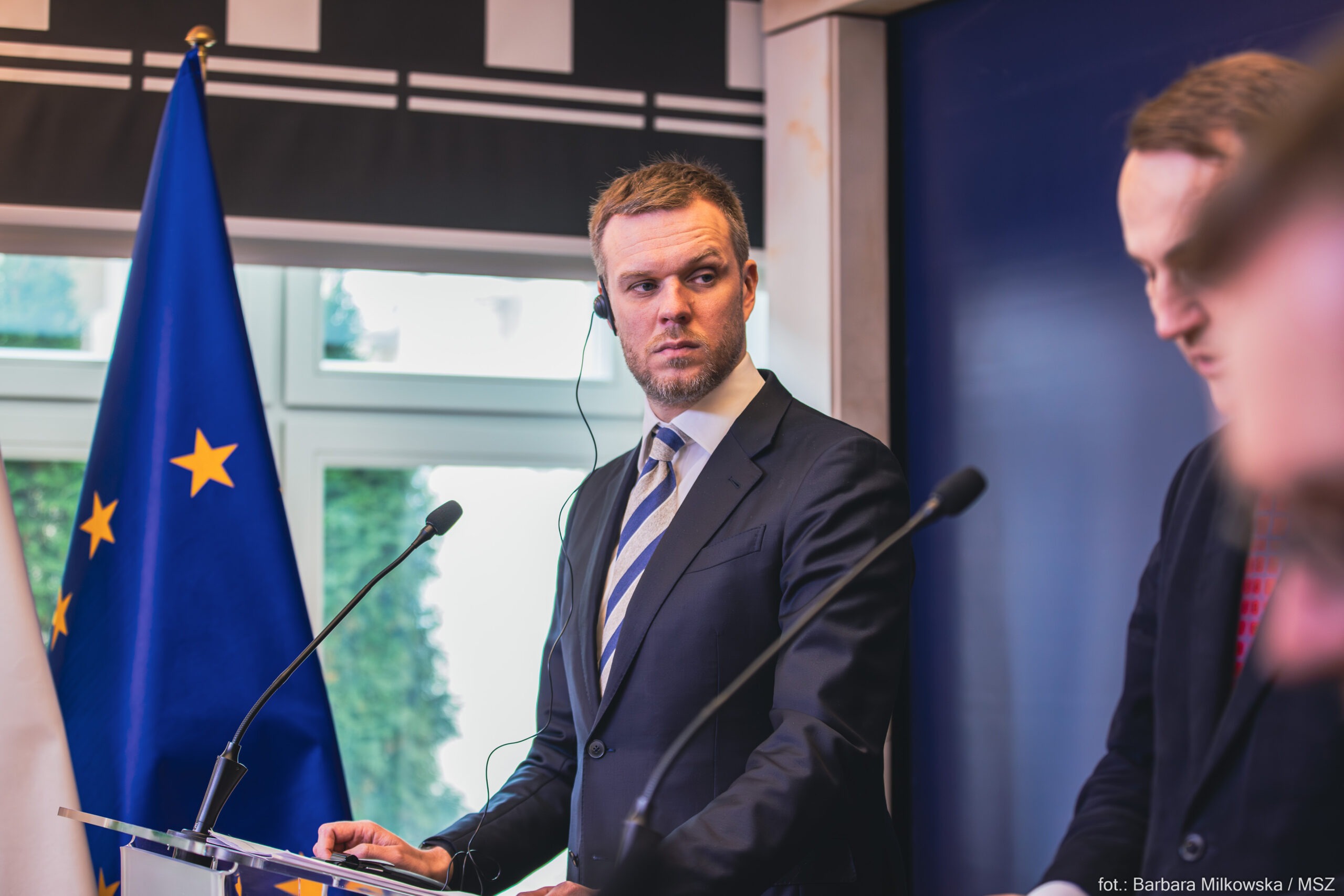
Main narratives:
- The incompetence of the government;
- Discrediting Ukraine and its effort to win the war;
- Anti-support for Ukraine,
- General antigovernmental sentiments.
Overview:
During this reporting week, the most engaged articles on Kremlin-aligned Lithuanian media focused on reinforcing anti-government narratives and actively questioning Lithuania’s alignment with Western institutions. For example, articles argued that the current Lithuanian government is merely a continuation of the Landsbergiai political dynasty. They critiqued the government’s policies, particularly its pro-Western stance and support for Ukraine, framing these as detrimental to Lithuania’s sovereignty.
Other examples criticized the living conditions in Lithuania and drew parallels with other countries’ problems, such as the growing homelessness crisis among youth in Germany, highlighting similarities to Lithuania. It warned that similar economic challenges, such as rising housing costs and reliance on inherited property, could lead to homelessness among Lithuanian youth. Such pieces criticized the EU’s capitalist model, portraying it as prioritizing corporate interests over social welfare and questioning the sustainability of current policies for future generations.
Finally, articles asserted that Ukraine is losing the war and will likely need to make concessions, reflecting a narrative common in Kremlin-aligned Lithuanian media. Authors cited opinions from international and Russian figures, including a Dutch official and Russia’s foreign minister, suggesting Ukraine’s diminished military position and framing Western support as insufficient. Such pieces underscored claims that peace is only possible if Ukraine abandons its NATO aspirations and accepts territorial losses, aligning with broader efforts to portray the West’s involvement as futile and detrimental.









